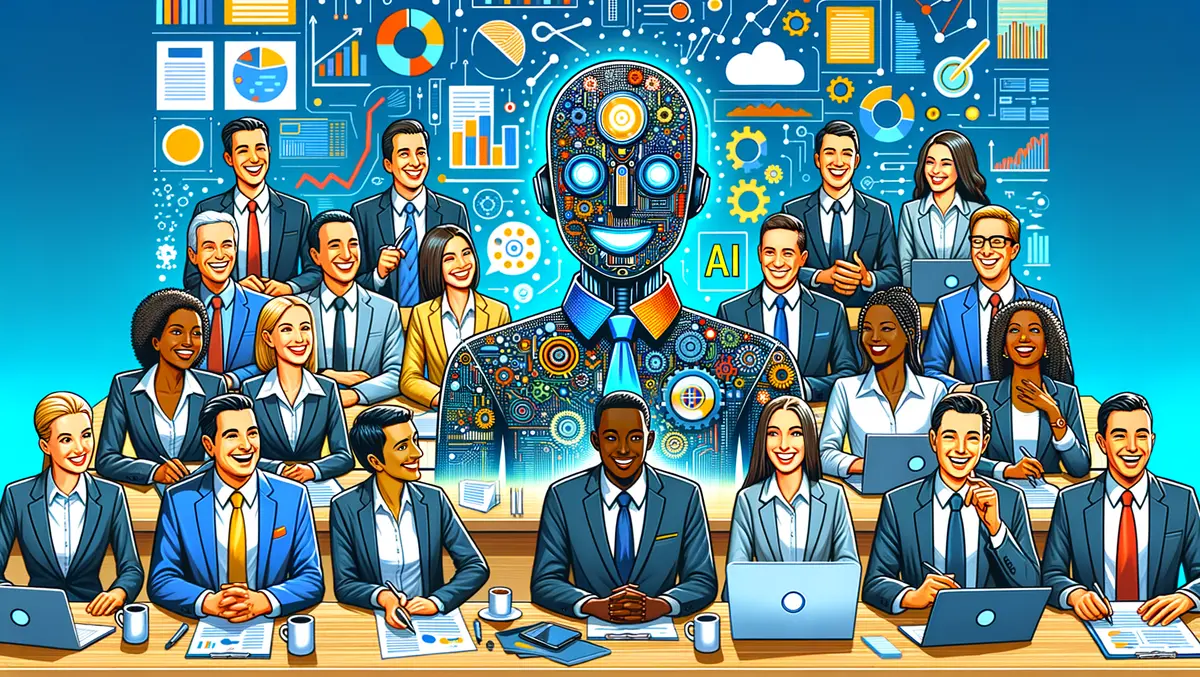
AI enhances job satisfaction and work processes – report
A recent report by Tech.co outlines that artificial intelligence (AI) has had a positive impact on job satisfaction and improved work processes within organisations. The 2024 Impact of Technology on the Workplace Report evaluated responses from 1047 business leaders from across the United States and discovered that 59% reported an increase in job satisfaction since implementing AI. Furthermore, 30% suggested that AI had strongly influenced work processes.
The rise of AI in the workplace brings implications for the changing needs and desires of employees. Traditional enticements such as high salaries are being superseded by a demand for roles that offer fulfillment and a healthy work-life balance. This shift in preference is underpinned by trends such as #lazygirljobs, a TikTok movement that encourages less stressful roles with healthier work-life boundaries.
Rising concerns with issues such as burnout, typified by trends towards 'quiet quitting' and 'bare minimum Mondays', have called for fresh workplace solutions. A key finding of the Tech.co report is that the introduction of AI into an organisation might be one such solution. This technology can aid in tackling workplace stress, which compromises the physical health, mental well-being, and identity of many US employees.
Interestingly, the research reveals that businesses utilising AI are more open to a flexible work structure, with 93% expressing their comfort with a four-day working week. This willingness was most notably observed among Millennial and Gen X senior leadership, compared to their Baby Boomer counterparts.
While AI usage in the workplace is broad, specific tasks stand out for their popularity. Data analysis topped the list, with 32% of businesses using AI for this purpose. Writing tasks were another predominant use of AI, with a quarter of businesses deploying AI in this area. Other notable uses include scheduling and calendar management, automated data entry, and quality control.
Aaron Drapkin, Tech.co's Lead Writer and AI Expert, remarked on these findings, stating: "While AI will likely cause major economic change in the future, at this moment in time, its capacity to both support the work of millions of people across the globe makes it a significant net benefit for most people in most workplaces."
He further highlighted the appeal of AI services like ChatGPT for performing tedious and monotonous tasks. Their easy accessibility contributes significantly to their positive impact on job satisfaction. Furthermore, Drapkin pointed out that these tools are presently in a 'proverbial sweet spot' due to their ease of use, effectiveness, and yet, inability to outpace and replace the human workforce.
However, the expert cautioned a moderate embrace, saying: "AI clearly has the capacity to completely transform how we work - but ensuring this transformation continues to be gradual, manageable and beneficial will be no easy task."


